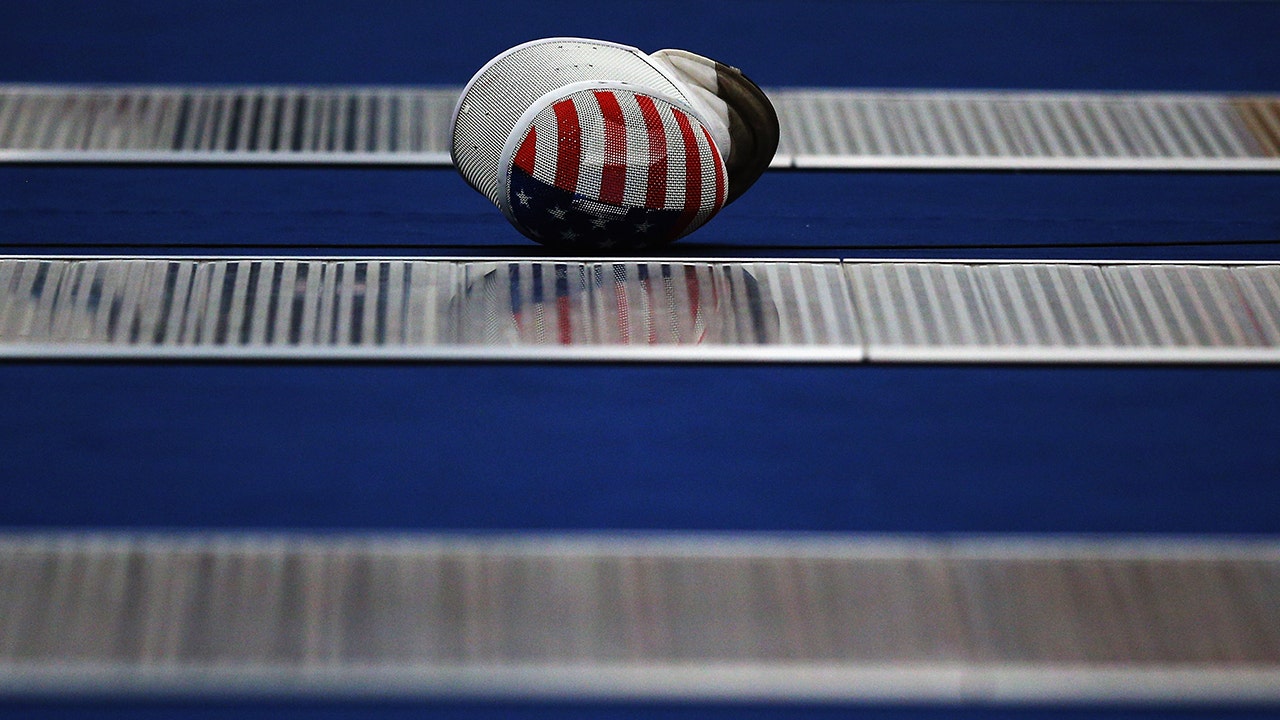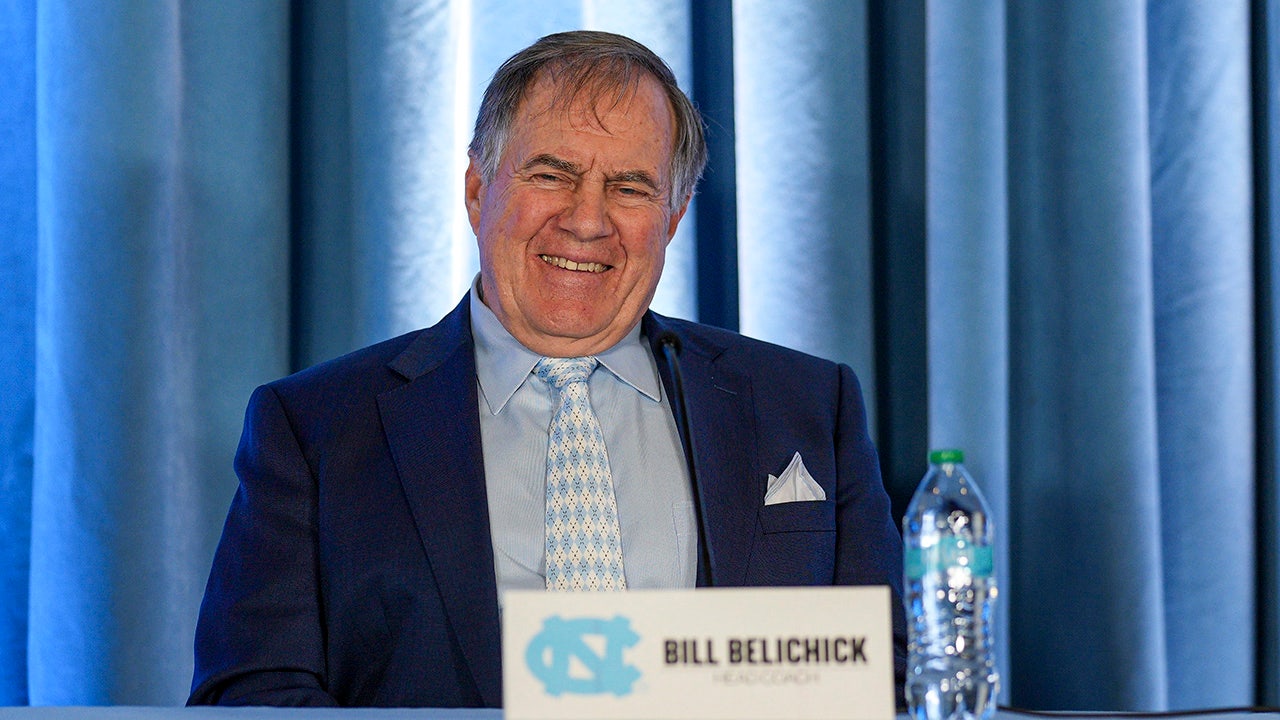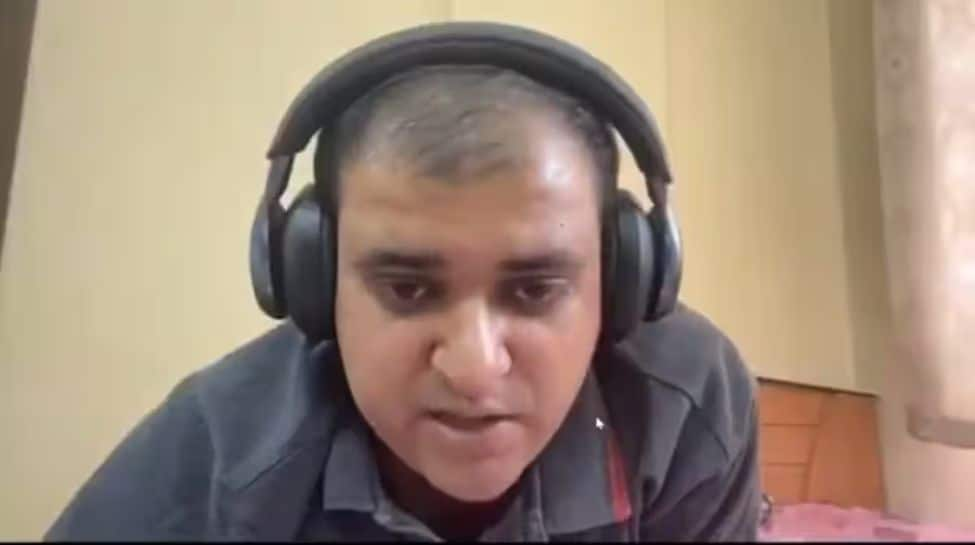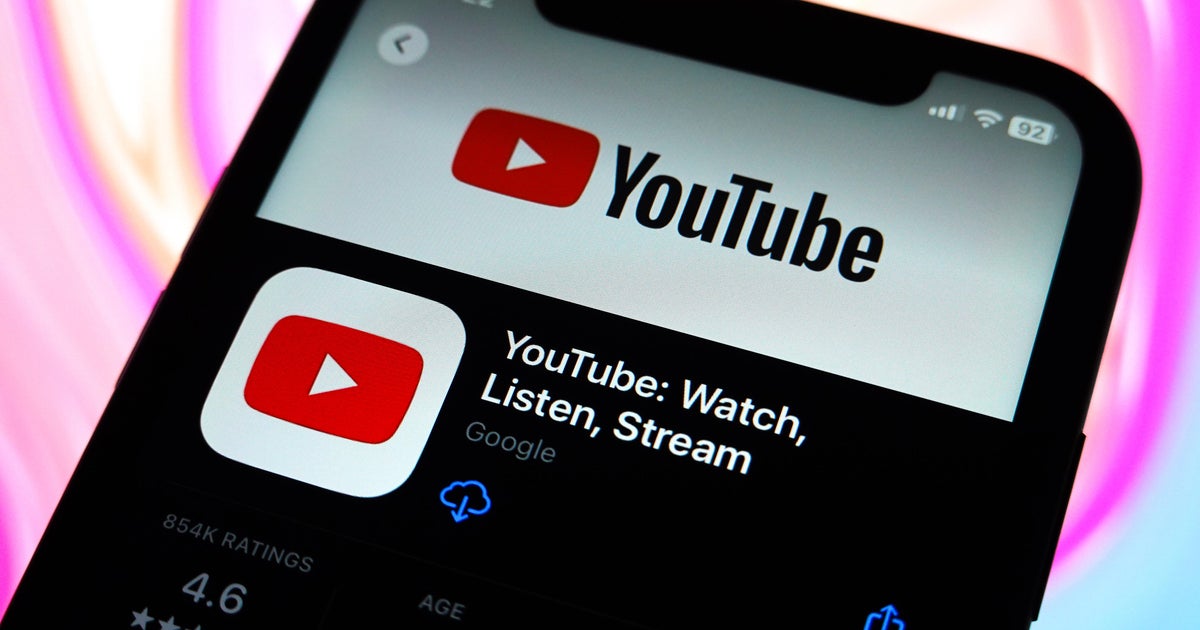Preparing for UPSC CSE Mains 2023 or any other competitive exams? Here are the top highlights from the past week to be up to date with (Representative image)
UPSC GK capsule: Here is a list of significant news from this week that you must read to prepare yourself for the upcoming exams be it the UPSC Mains or others
The Union Public Service Commission (UPSC) is all set to conduct the Civil Services (Main) Examination 2023 on September 15, 16, 17, 23 and 24. Every year, lakhs of candidates appear for the Civil Services Examination. It is one of the most reputed exams in the country. Through the Civil Services Examination, the Commission recruits eligible officers under three categories – All India Services (AIS), Group A Civil Services, and Group B Civil Services. To pass this exam, candidates must have a basic comprehension of general knowledge and current events. Clearing such crucial assessments will be difficult without appropriate preparation.
To help candidates prepare for their exam, we have compiled a summary of this week’s important news events:
UK to Return Chhatrapati Shivaji’s Wagh Nakh
Maharashtra’s Cultural Affairs and Forest Minister Sudhir Mungantiwar is all set to visit London later this month to sign a Memorandum of Understanding (MoU) with the renowned Victoria and Albert Museum after the United Kingdom concerned authorities decided to return the ‘wagh nakh’ used by Chhatrapati Shivaji Maharaj to assassinate Bijapur sultanate general. The wagh nakh is a knife styled like tiger claws that Chhatrapati Shivaji Maharaj used to assassinate Bijapur Sultanate general Afzal Khan in the year 1659. If everything goes as planned, the artefact could be returned this year.
G20 Summit 2023
During the G20 Summit weekend of September 9 to September 10, Prime Minister Narendra Modi will hold more than 15 bilateral talks with visiting international leaders. On September 8, PM Modi will meet United States President Joe Biden, Mauritius Prime Minister Pravind Kumar Jugnauth and Bangladesh Prime Minister Sheikh Hasina. In addition to the G20 conference, PM Modi will meet with United Kingdom Prime Minister Rishi Sunak, Japanese Prime Minister Fumio Kishida, German Chancellor Olaf Scholz, and Italian Prime Minister Giorgia Meloni on September 9. Apart from talks with leaders of Canada, Turkey, the United Arab Emirates, South Korea, the European Union, Brazil, and Nigeria, the Prime Minister will attend a working lunch with French President Emmanuel Macron on September 10.
ISRO’s Aditya L1 Mission Advances with Third Earth-Bound Manoeuvre
By executing its third earth-bound manoeuvre on September 10th, the Aditya L1 spacecraft—the first mission of ISRO for solar exploration—achieved a critical milestone. On September 3 and 5, the first two earth-bound manoeuvres were successfully completed. On September 15, the spacecraft will perform its last earth-bound orbital manoeuvre before entering its transfer orbit and travelling to Lagrange point L1. On September 2, Aditya-L1 was successfully launched by ISRO’s PSLV-C57 from the Satish Dhawan Space Centre in Sriharikota, marking the start of this journey. As stated by the space agency shortly after launch, the spacecraft is expected to arrive in its intended orbit at Lagrange point L1 around 127 days after launch.
Delhi Court to Hear Defamation Case Against Rajasthan CM Ashok Gehlot
On September 14, a Delhi court will hear a criminal defamation charge brought by Union Minister Gajendra Singh Shekhawat against Rajasthan Chief Minister Ashok Gehlot. Additional Chief Metropolitan Magistrate Harjeet Singh Jaspal set the subject for hearing after noting that Gehlot, who appeared in court via video conference, had received all of the documents he had requested in connection with the case.
India Reduced Financial Inclusion Targets from 47 Years to 6 With Digital Payments
As per a G20 policy statement issued by the World Bank, without Digital Payment Infrastructure (DPI) such as Jan Dhan Bank accounts, Aadhaar, and Mobile phones (the JAM trinity), India would have taken 47 years to attain the 80 per cent financial inclusion rate that the country has achieved in just six years. According to the World Bank document, the total value of UPI transactions in India’s previous fiscal year was approximately 50 per cent of the country’s nominal GDP.














































